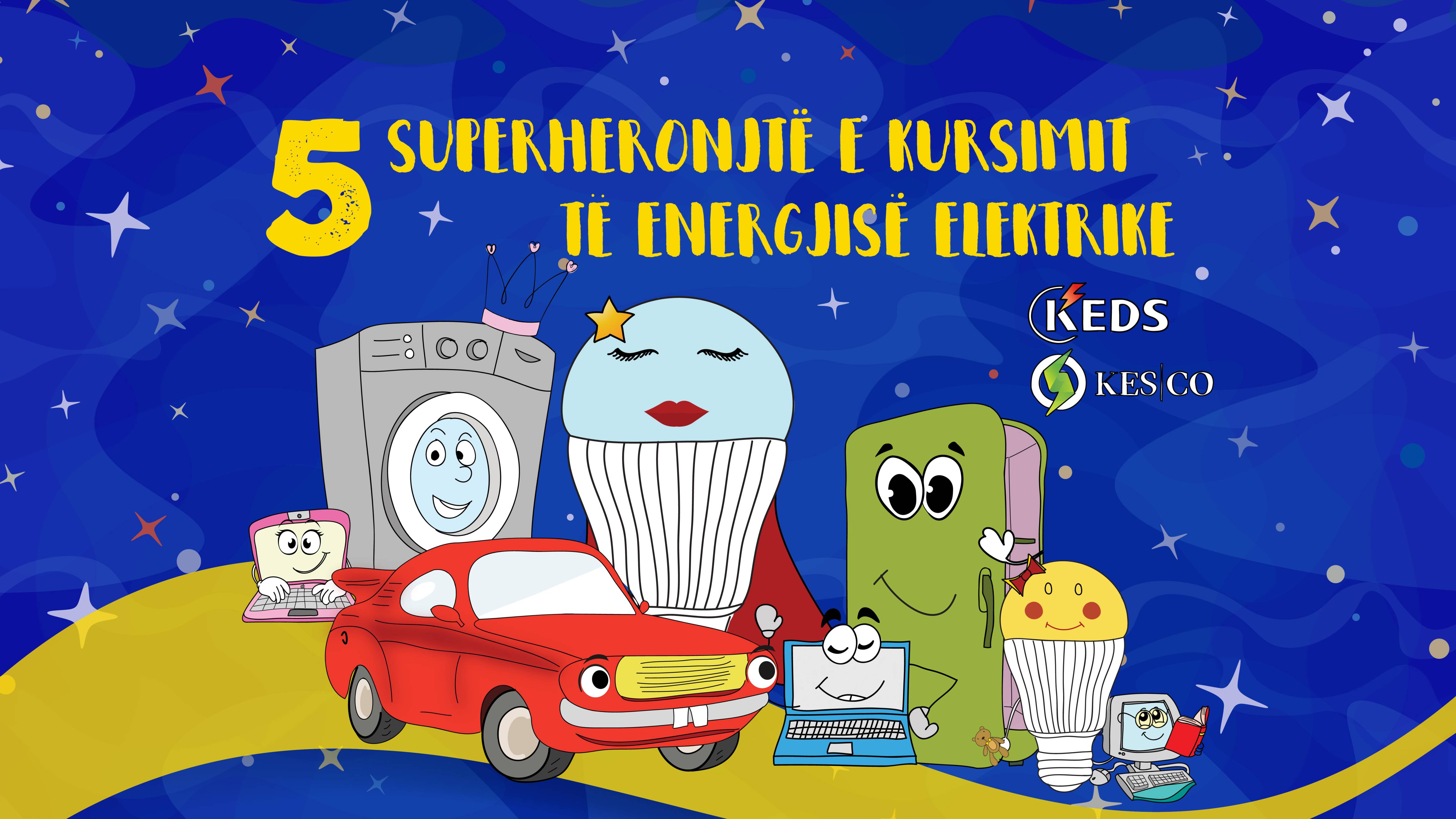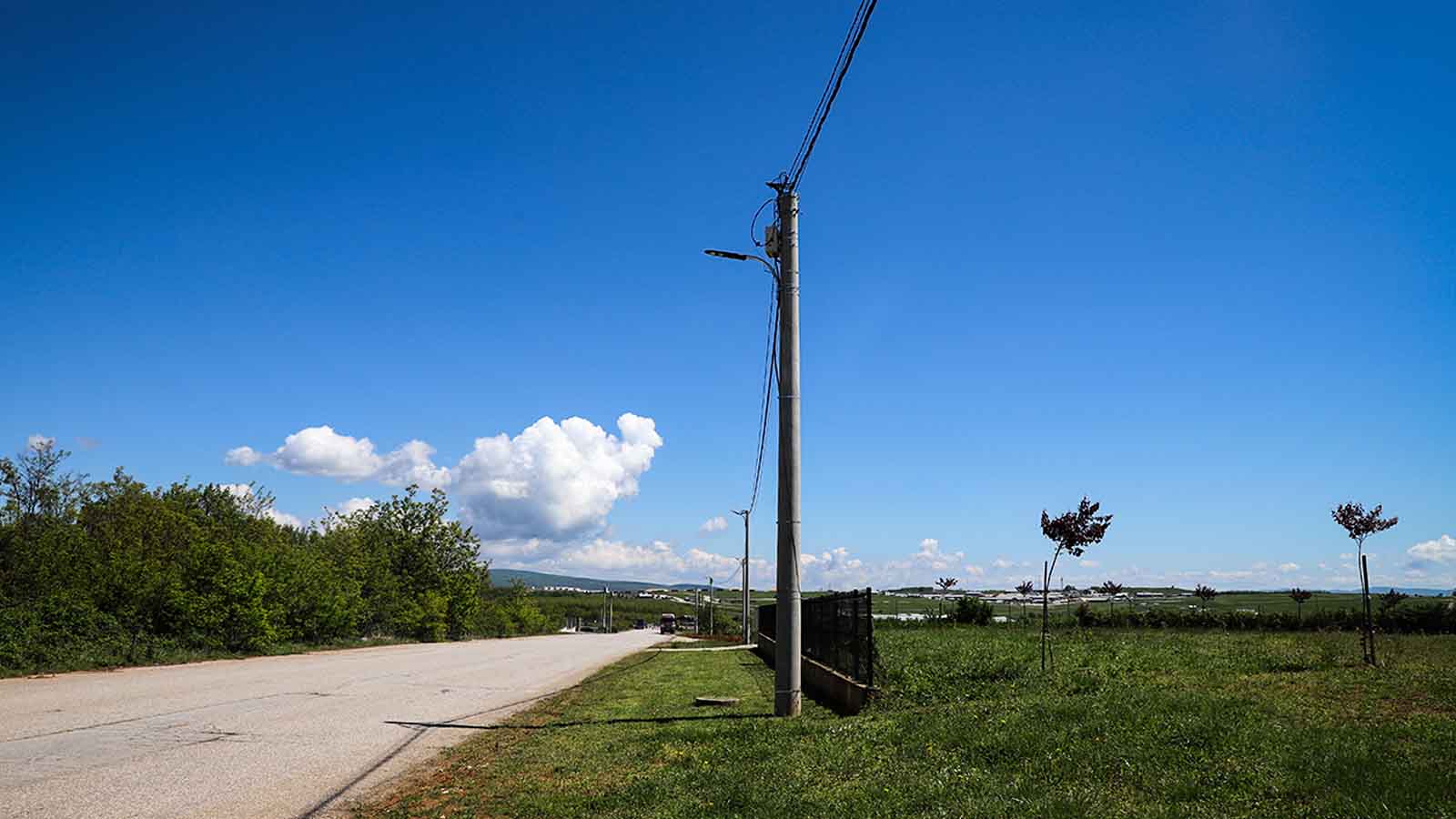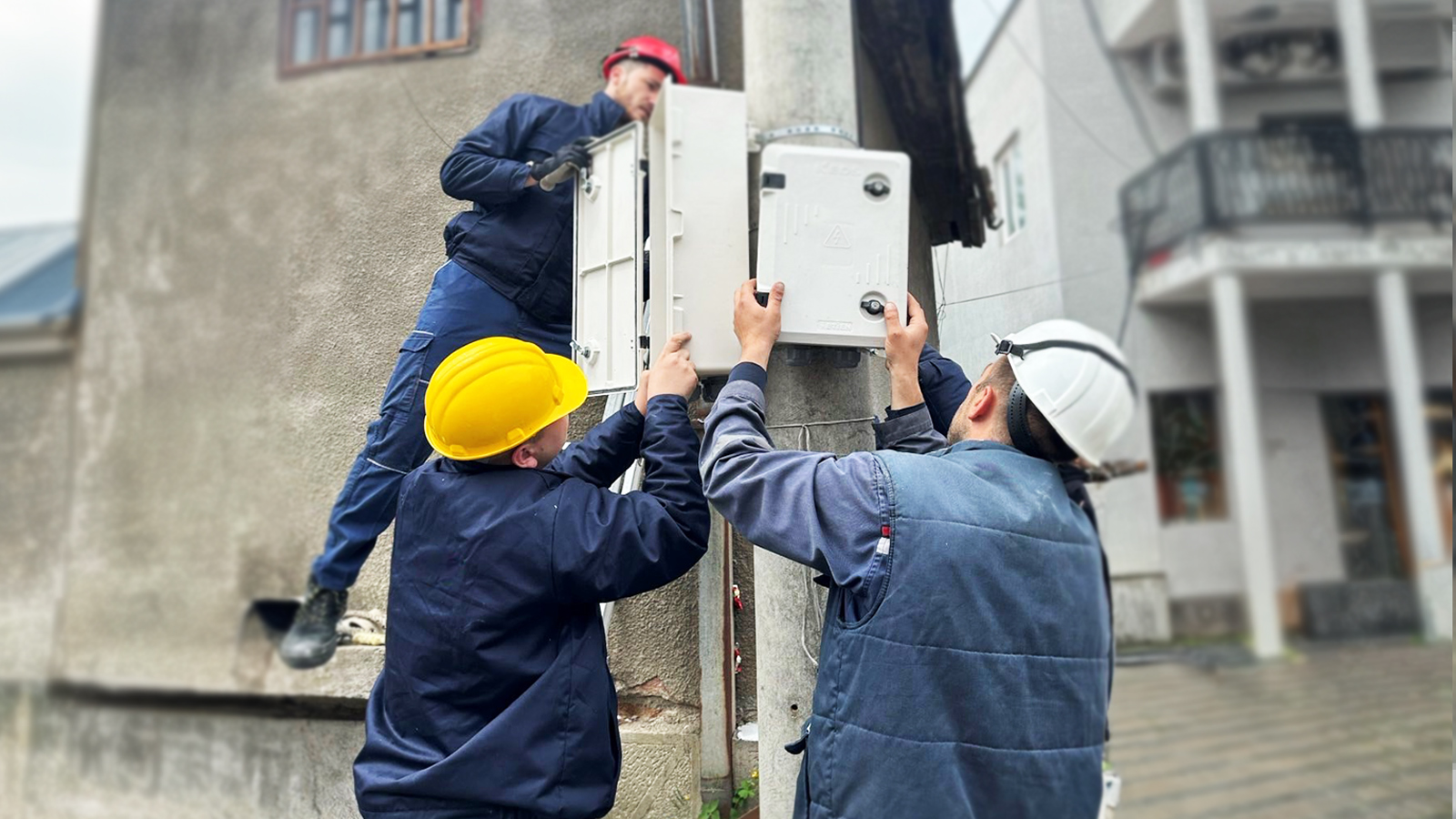 July 18, 2023
July 18, 2023
How to save electricity in the summer?
Use fans instead of air conditioners;
An air conditioner needs more energy to cool the environment than a fan. The latter makes the existing air move faster and does not produce cold air. There are times when an air conditioner on for 15 minutes uses more energy than a fan that stays on for a full 24 hours.
If you use an air conditioner, be careful with the temperature;
Although we find that we only cool well when we have the air conditioner at the coldest possible temperature, this way of managing the air conditioner is not at all efficient for saving energy. What we need to do is to find a suitable and efficient temperature, which does not affect the increase in the cost of electricity.
Keep the curtains closed (from 12:00-16:00);
Unwanted heat comes into your windows if your curtains and blinds are open, so be sure to close them, especially those windows that get the most sun. This practice is best applied especially during the hours of 12:00 and 16:00 when the sun's rays are very strong and the heat is transferred significantly.
Use household appliances during the off-peak hours;
During the summer season (period April 1 to September 30), the off-peak hours are from 11:00 pm to 08:00 to am. Use electrical appliances during these intervals to save on your electricity bill.
Reduce the use of warm water in the kitchen or bathroom sink;
In the summer season, try not to use warm water in the kitchen or bathroom sink. Even shower with lukewarm or colder water whenever you can. This way you save more energy.
Wash clothes at lower temperatures;
During the summer we sweat more and, as a result, we tend to wash more and more clothes. This then affects us to spend more on electricity. It is good to take care and wash the clothes at temperatures and short intervals, in order to save as much energy as possible.






_4W9K4AcuFm.jpg)